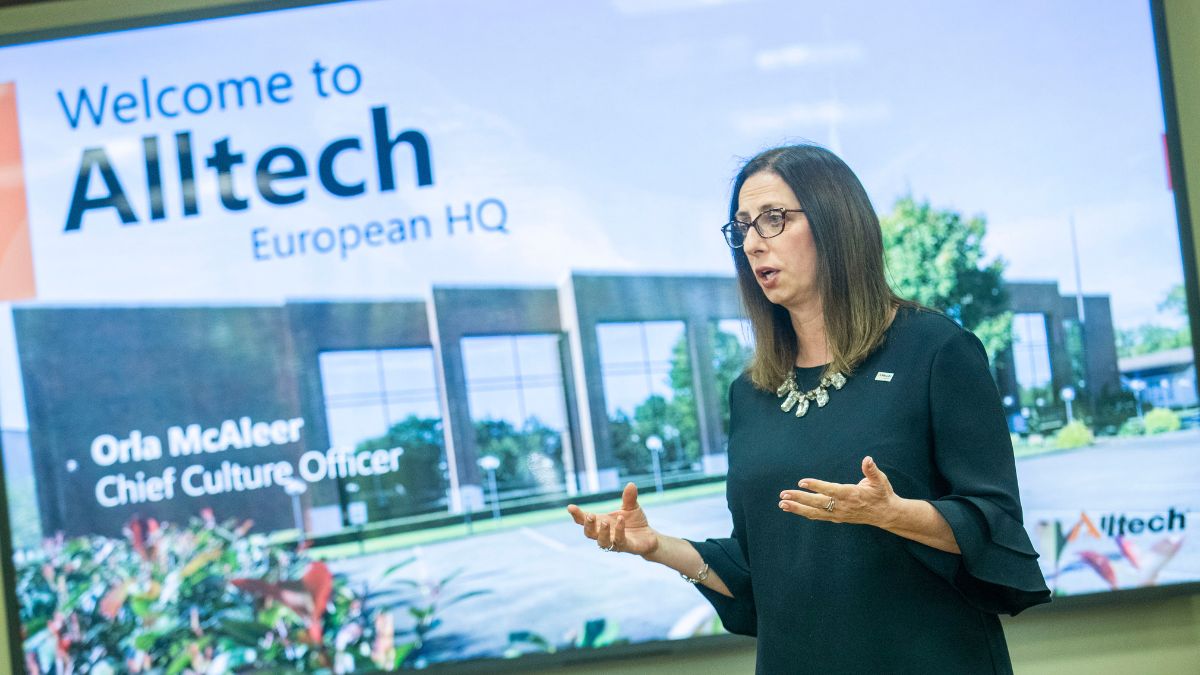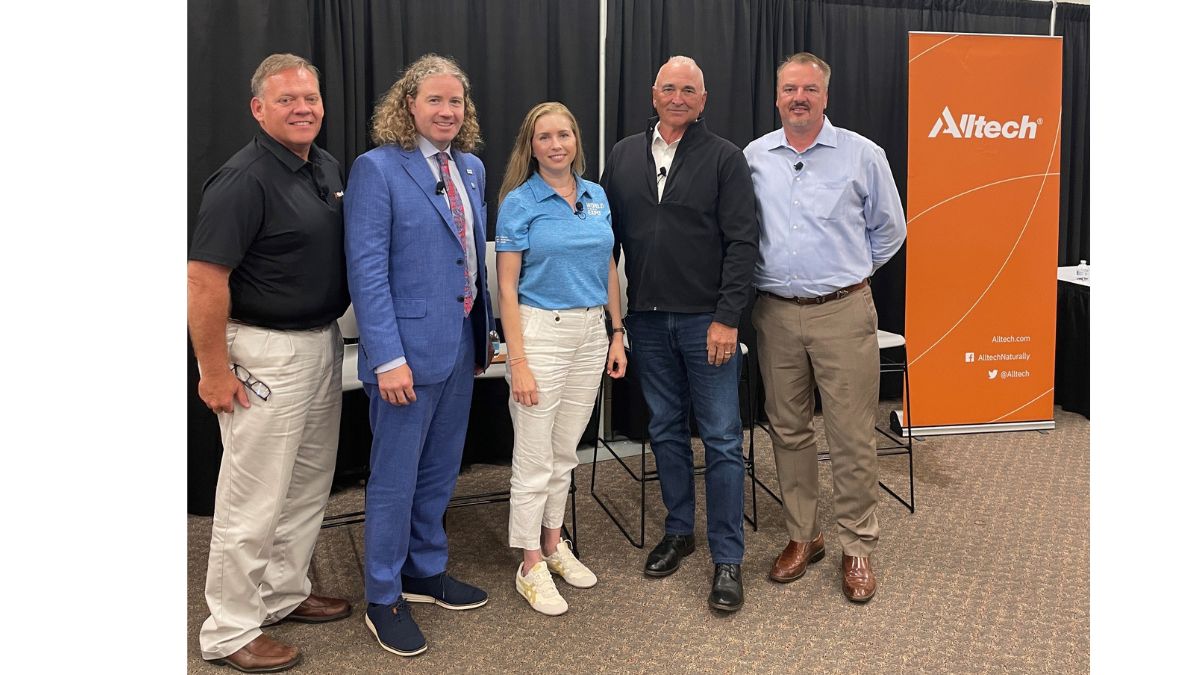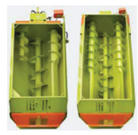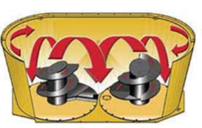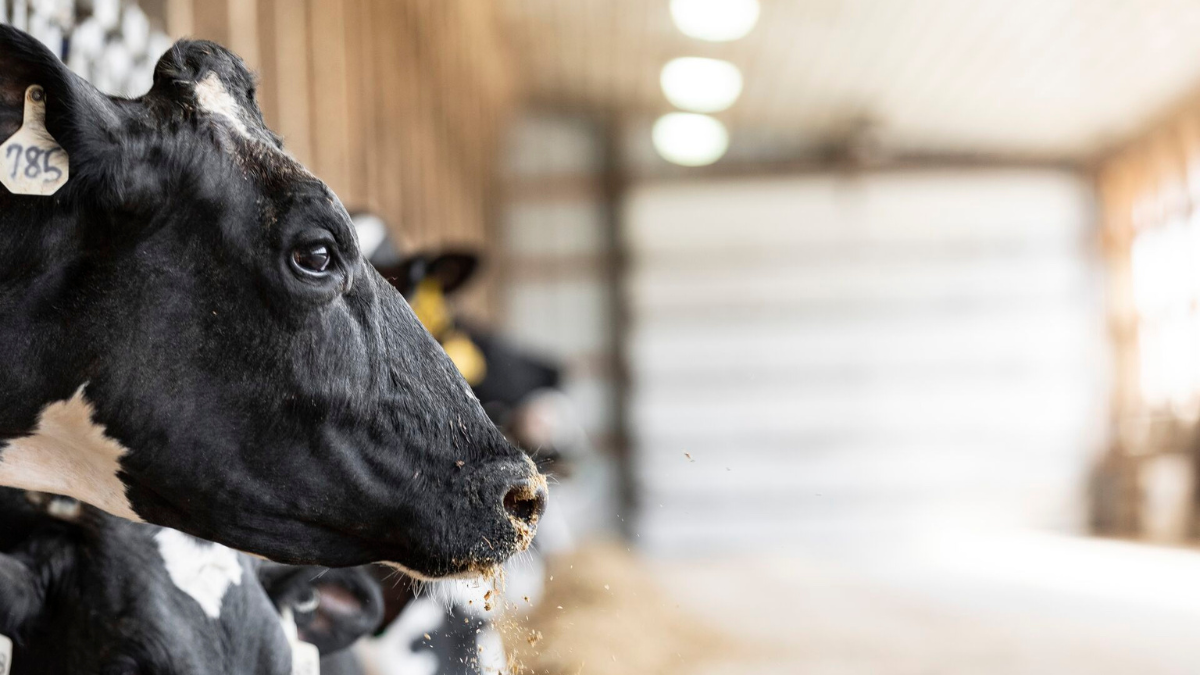Alltech joins the Mid-Ulster Biorefinery and Circular Economy Cluster to promote the generation of biomethane
[DUNBOYNE, Ireland] – Alltech, a global leader in animal nutrition and agriculture, has signed a collaborative agreement with Tobermore Concrete, CEMCOR and Road Safety Contracts to become a partner in the Mid-Ulster Biorefinery and Circular Economy Cluster, facilitated by the Centre for Competitiveness and supported by the Centre for Advanced Sustainable Energy (CASE) at Queen’s University Belfast.
The cluster aims to construct a 10-megawatt biomethane facility in Northern Ireland and play a pivotal role in the development of biorefineries throughout the region. Alltech will utilize its fermentation expertise to help optimize biogas production and, with its biochemical methane potential (BMP) labs, will advise producers on how to generate renewable energy from agricultural animal waste.
“Alltech has been focused on sustainability since its founding, guided by our ACE principle which committed all our endeavors to seek the benefit of the Animal, Consumer, and Environment. This principle is more relevant today than ever, particularly with anaerobic digestion, as we take action to advance our purpose of Working Together for a Planet of Plenty™,” said Dr. Patrick Ward, Europe and Asia-Pacific applications manager at Alltech. “By utilizing animal waste, we aim to drive innovation to create more renewable biomethane for the consumer and reduce the usage of fossil fuels, which is paramount for reducing our global carbon footprint and GHG emissions, thus benefiting the environment.”
Biogas production from anaerobic digestion is well established in Northern Ireland, and biomethane is set for accelerated growth across the island.
“This growth is essential,” Ward said. “According to the European Biogas Association (EBA), there is a need for 35 billion cubic meters (bcm) of biomethane annually by 2030, with Europe targeting 111 bcm by 2040. This project will enhance energy security for the island of Ireland through renewable anaerobic digestion. Alltech, a key player in the agricultural industry, will leverage over 40 years of fermentation expertise to help realize the cluster's goals.”
Founded in 1980 by Irish entrepreneur and scientist Dr. Pearse Lyons, Alltech is headquartered just outside of Lexington, Kentucky, USA. It serves customers in more than 140 countries, has five bioscience centers and operates more than 75 manufacturing facilities across the globe. With offices in the UK and Ireland, Alltech will bring both smart nutrition and scientific innovation to the multiple technologies supporting the first biorefinery to be commissioned in Northern Ireland.
The Mid-Ulster Biorefinery project will address the volumes of agricultural resources while providing nutrients, energy and carbon services in agriculture and producing cross-sectoral decarbonization among the businesses involved. The four companies will combine their unique skill sets to collectively maximize the possibilities of anaerobic digestion, driving further innovation and improving productivity and environmental sustainability outcomes in agriculture and across the sectors.
For more information, visit Alltech on July 10-11 at the World Biogas Expo, Birmingham NEC Hall 3, Stand H51.
- Read more about Alltech joins the Mid-Ulster Biorefinery and Circular Economy Cluster to promote the generation of biomethane
- Log in to post comments
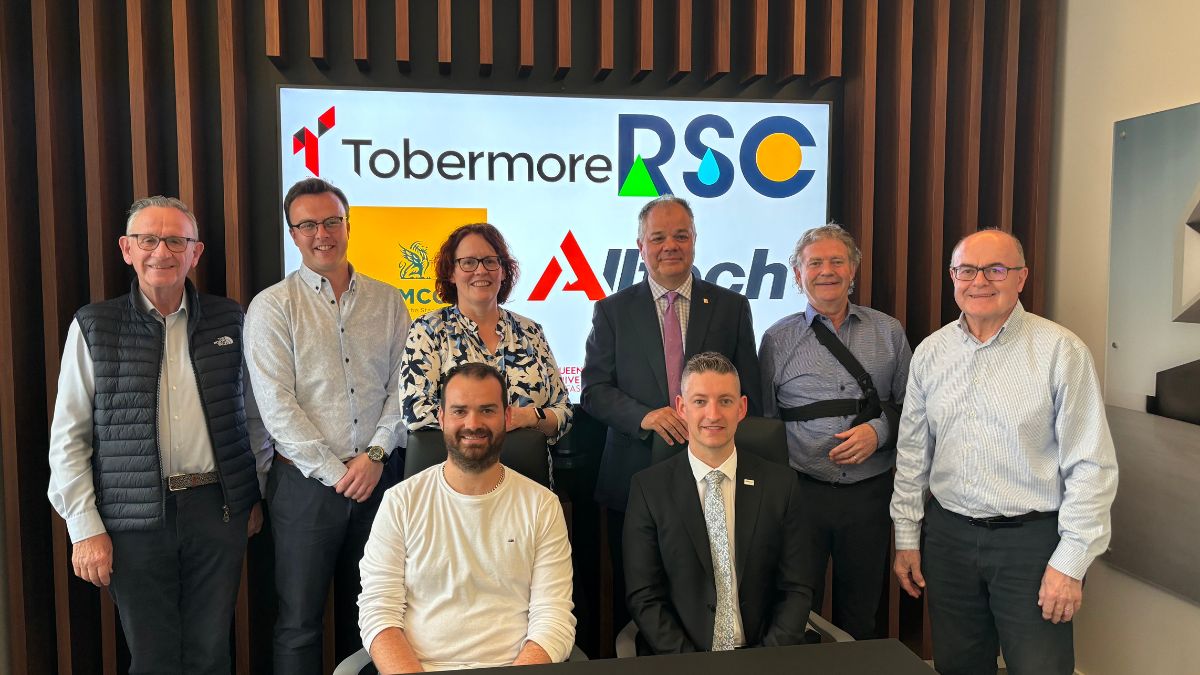
Alltech has signed a collaborative agreement with Tobermore Concrete, CEMCOR and Road Safety Contracts as a partner in the Mid-Ulster Biorefinery and Circular Economy Cluster.













